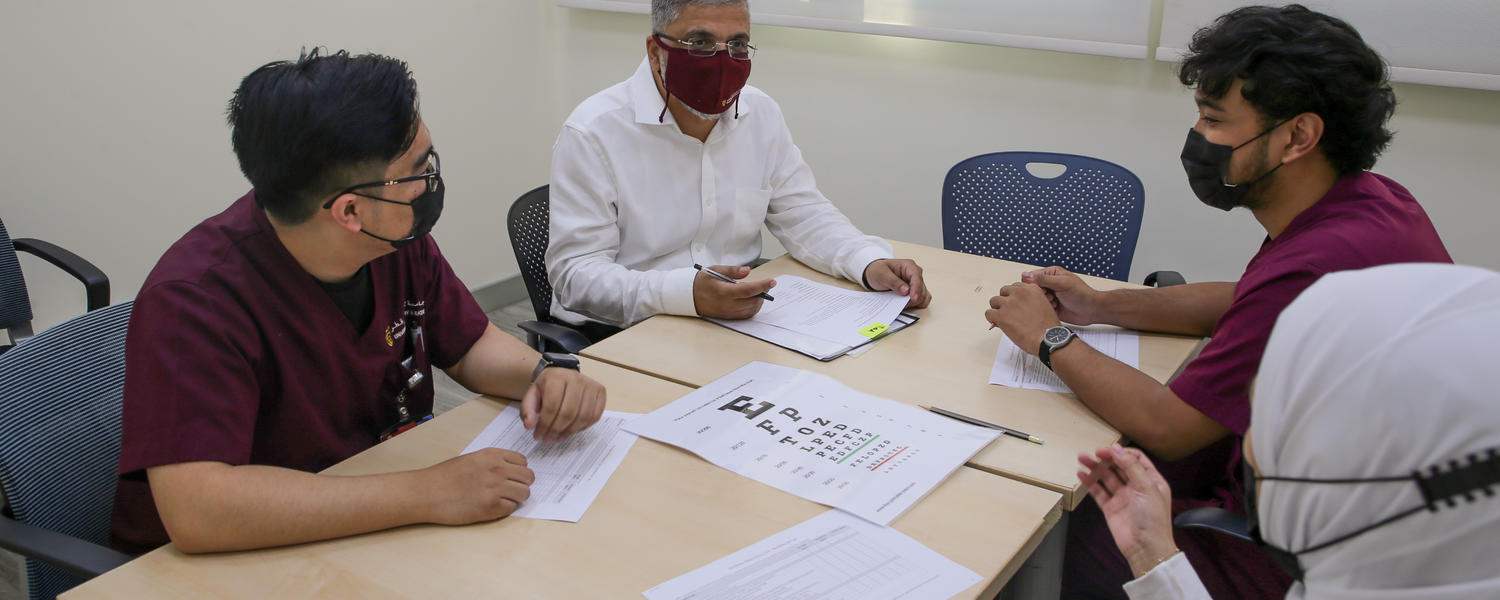Bachelor of Nursing, Regular Track (BNRT)
Welcome to the Bachelor of Nursing, Regular Track program!
- UCQ offers a Conceptual and competency-based curriculum that represents major components of knowledge, theoretical constructions, and organizational tools for thinking about nursing.
- A concept-based & competency-based curriculum refers to the use of concepts as an organizing framework for curriculum & courses & the use of competences to measure knowledge, judgment, skills and attributes (attitudes, values, and beliefs) expected of graduates relevant to those concepts
- Our curriculum supports best practice pedagogies and clinical practice experiences
- Integrated curriculums focus on making connections for students by connecting different concepts in different areas of practice, with different populations across the lifespan & who are experiencing varying degrees of wellness, health, & illness or injury by using exemplars
- Examples:
- Students learn to care for well and stable people/families/ patients, progress to the care of persons/families experiencing acute, episodic, and life-threatening illness, and then advance to the care of persons/families experiencing co-morbidities, chronic illness, end of life, and complex health challenges.
- Also progresses from working with Individuals/Families to groups, communities, and populations. Students gain a broad understanding about wellness and health of communities and populations (and what influences health), transition to a focus on individuals and families, and then return to more in-depth understanding about population/public health/global health and health system issues
- Examples:
- Regulatory bodies serve as a key source of entry-level competences to assess students’ readiness and safety to practice as an entry-level nurse:
- Professional & ethical practice
- Leadership & management
- Education
- EBP & Research, etc.
Undergraduate Profile Goals
- Integrate theoretical, conceptual, critical, clinical thinking, and best evidence to make decisions.
- Practice within a professional, ethical, and legal framework and in consideration of cultural contexts.
- Communicate and collaborate effectively with individuals, families, communities, and members of the inter-professional team to develop and provide high quality person – and family – centered care.
- Practice safely and competently across diverse contexts, incorporating a range of nursing therapeutics in response to evolving person / community needs.
- Engage in leadership and stewardship in the pursuit of better health, better care, better value, and health system transformation
- Serve as a global citizen by advocating with and educating communities about how to participate in decisions about global health challenges.
- Models a spirit of curiosity and inquiry, academic and information literacy, and pursuit of lifelong learning.

